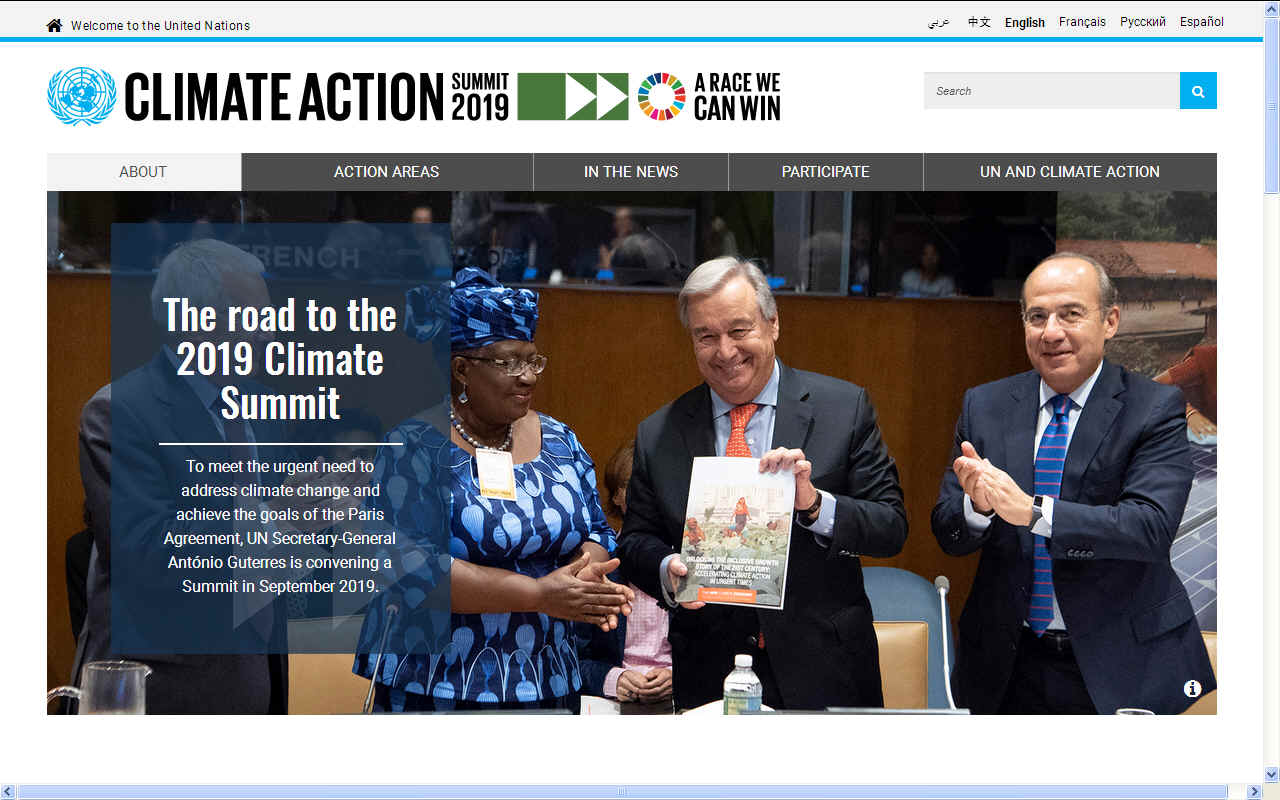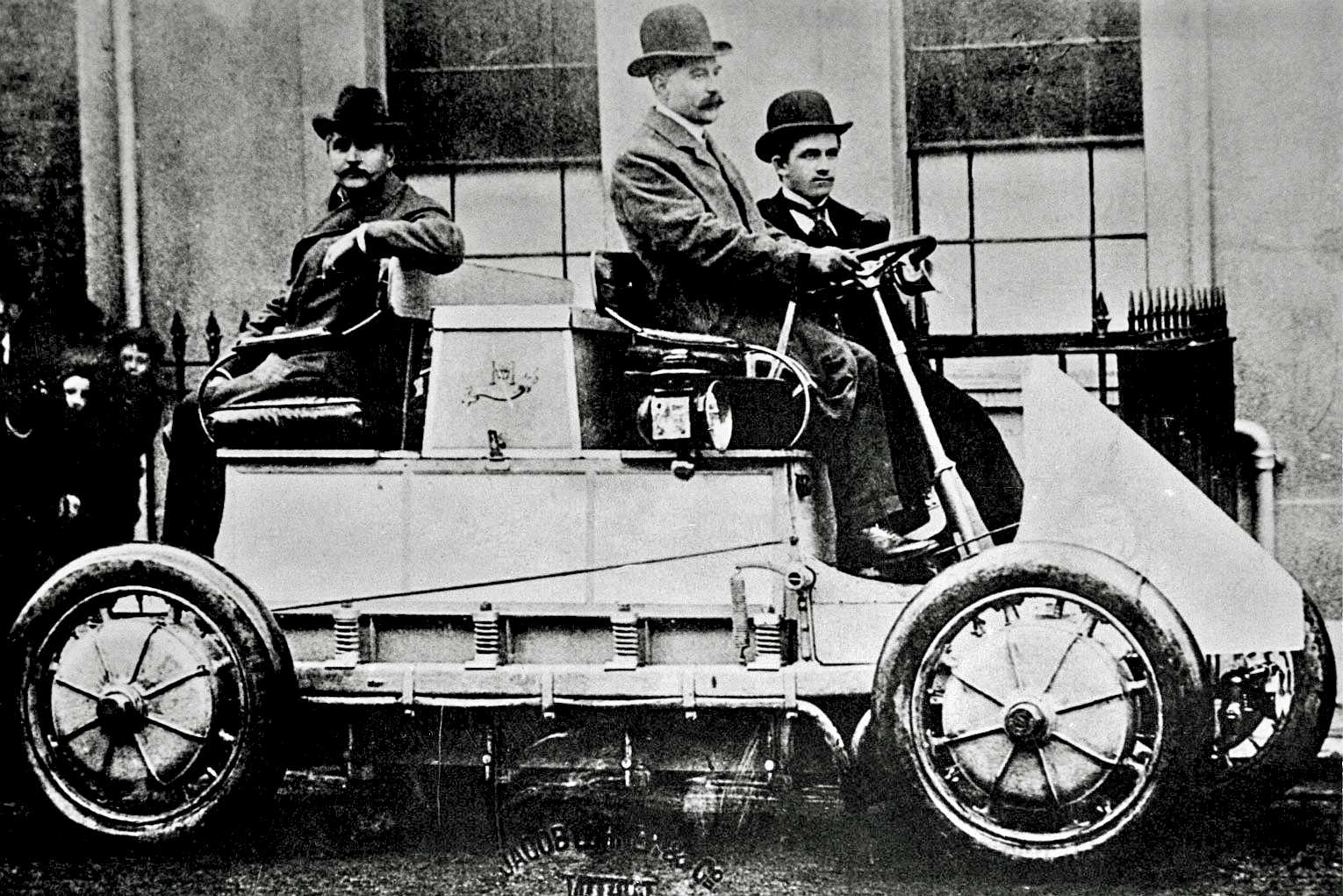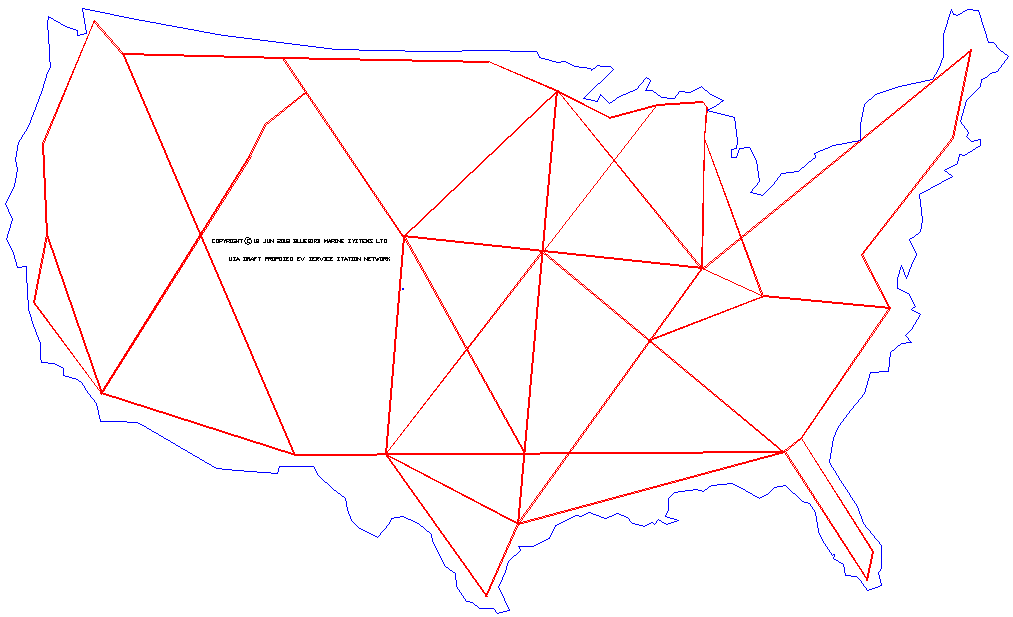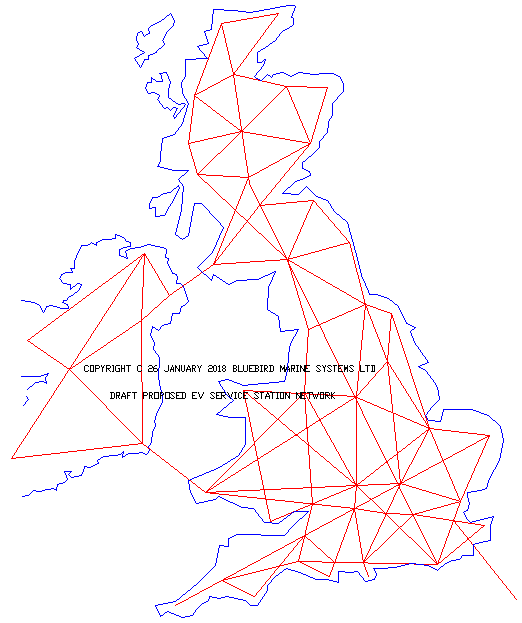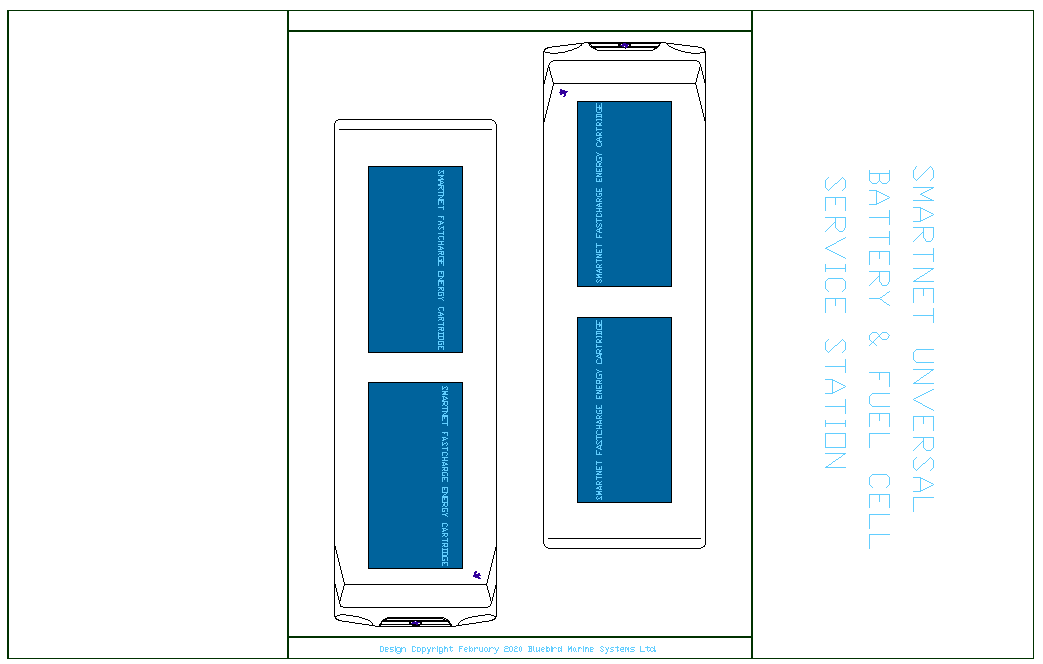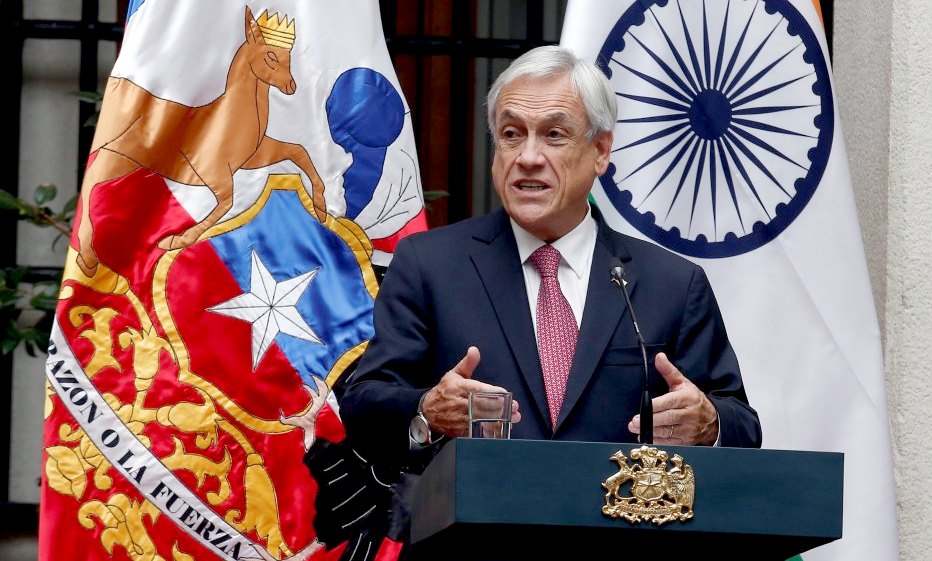|
EV'S and a CIRCULAR ECONOMY Please use our A-Z INDEX to navigate this site
|
|
DIRTY HABITS - The United Nations is an organization that should have been promoting an energy infrastructure for vehicles to run on renewable energy. If they had done so, range anxiety would be a thing of the past. Sadly, the task still lies ahead of us. politicians are not scientists, yet they make decisions for the voting public that scientists should make.
A truly Circular Economy demands the highest possible efficiency from any charge and discharge cycle from batteries that are used in fleets of electric vehicles.
We are in danger of going down the wrong road with fast charging, as per the California Air Resources Board EV model for their State.
CARB dismissed cartridge exchange as being more costly, when in fact it holds the potential to be far cheaper in the long term as a means to reduce global warming where the efficiency of a charging cycle is improved, so making the overall cost of running an EV far more attractive.
Installing flat pack charging stations on flat ground to replace petrol stations is far cheaper than digging up millions of bays to install fast charging points. It makes us wonder why nobody has done the math.
Any country that implements such as system will gain a significant economic advantage in terms of reduced operational costs, over any nation that relies on fast charging. It is this single factor that could harm the economies of those administrations that fail to act fast enough to protect their positions.
This is a looming transport security issue as surely as plastic is a threat to food security. The first makers to employ compatible batteries in their cars will walk off with a market advantage. But in all fairness, once the investment is recovered by the pioneers, all electric car producers should get a look in.
4X4 -
This is a four wheel drive electric car produced by Jacob Lohner and
Ferdinand Porsche. In 1898 Jacob Lohner, a Viennese carriage maker, decided that self-powered cars were the future and opted for an electrically powered vehicle. Electric vehicles had a number of obvious advantages over petrol engine cars: they were easier to start and to drive, and they were quieter to run.
SUSTAINABLE EV SERVICING - This concept EV forecourt offers between 7.68 - 15.36MWh of solar assisted energy storage with a capacity of between 48-96 battery cartridges on a continuous charge cycle. Five of these stations (76.8MW) could recharge (refuel) up to 10 trucks or cars a minute at peak times.
During rush hour, up to 300* vehicles might be serviced in one hour if drivers don't dawdle, as in get out of their vehicles for any reason - there is no need using automated billing - but this would require registered users. The truck shown in these AutoCAD drawings is 3.55 wide x 3.5 high x 7.7M long (8 x 11.5 x 25 feet). This station could accommodate trucks 4.46M (14.77 feet) high as shown, or with a raised roof, almost any truck currently on the market - though longer thinner trucks are more fuel efficient.
During an eight hour day 2,400 trucks might be serviced using five forecourts on the assumption that we start every morning with 96 x 5 = 480 slow charged cartridges from off-peak supplies. The same forecourt might be used to service fuel-cell cars powered by stabilized hydrogen. One size fits all with agreement as to a universal cartridge format. Agreement is perhaps the next stumbling block that may require directives from the G20.
* Fastest theoretical exchange cycle @ one minute per exchange with drivers/passengers staying in their vehicles at all times.
SIX IMPORTANT CHANGES TO COOL THE PLANET
1. TRANSPORT: Phase out polluting vehicles. Government aims to end the sale of new petrol, and diesel vehicles by 2040 but have no infrastructure plan to support such ambition. Marine transport can be carbon neutral. Air travel should be limited.
2. RENEWABLES: Renewable energy should replace carbon-based fuels (coal, oil and gas) in our electricity, heating and transport. Conventional energy exploration companies should consider a phased transition to green alternatives.
3. HOUSING: On site micro or macro generation is the best option, starting with new build homes that are both affordable and sustainable. Councils who empire build climate unfriendly houses must be stopped with legislation and enforceable penalties.
4. AGRICULTURE: We need trees to absorb carbon emissions from a growing population, air travel, and to build new homes. We need to reduce food waste and promote less energy intensive eating habits such as no meat Mondays.
5. INDUSTRY: Factories should be aiming for solar heating and onsite renewable energy generation until the grid is all solar and wind powered.
6. POLITICS: - National governing bodies need to adopt policies to eliminate administrative wastages, to include scaling down spending on war machines, increase spend on educating the public and supporting sustainable social policies that mesh with other cultures. We need an end to local empire building kleptocrats.
One of the Six most important changes to cool our planet is a clean Transport Infrastructure to eliminate carbon dioxide and other greenhouse gases such as nitrous oxides from building in our bubble. This should include servicing for electric vehicles as being the most energy efficient form of transport at the moment and potentially 100% renewable in the search for that elusive Circular Economy.
"It is harder for a rich man to enter the kingdom of heaven than pass through the eye of a needle."
That is an old Biblical proverb, that is equally true of wealthy nations trying to divest themselves of a fossil fuel based economy.
The wealthier the state, the more it will cling to petroleum as a concentrated and transportable energy supply, even if they have the technology to stop their plutocratic tendencies.
Nobody likes change. We are creatures of habit. We feel comfortable with filling stations, diesel and petrol. We like gas and oil central heating and air conditioning. Kleptocrats in society rely on the unwillingness of administrations to change.
LINKS & REFERENCE
https://www.un.org/
Please use our A-Z INDEX to navigate this site
|
|
|
This website is provided on a free basis as a public information service. copyright © Climate Change Trust 2020. Solar Studios, BN271RF, United Kingdom.
|
